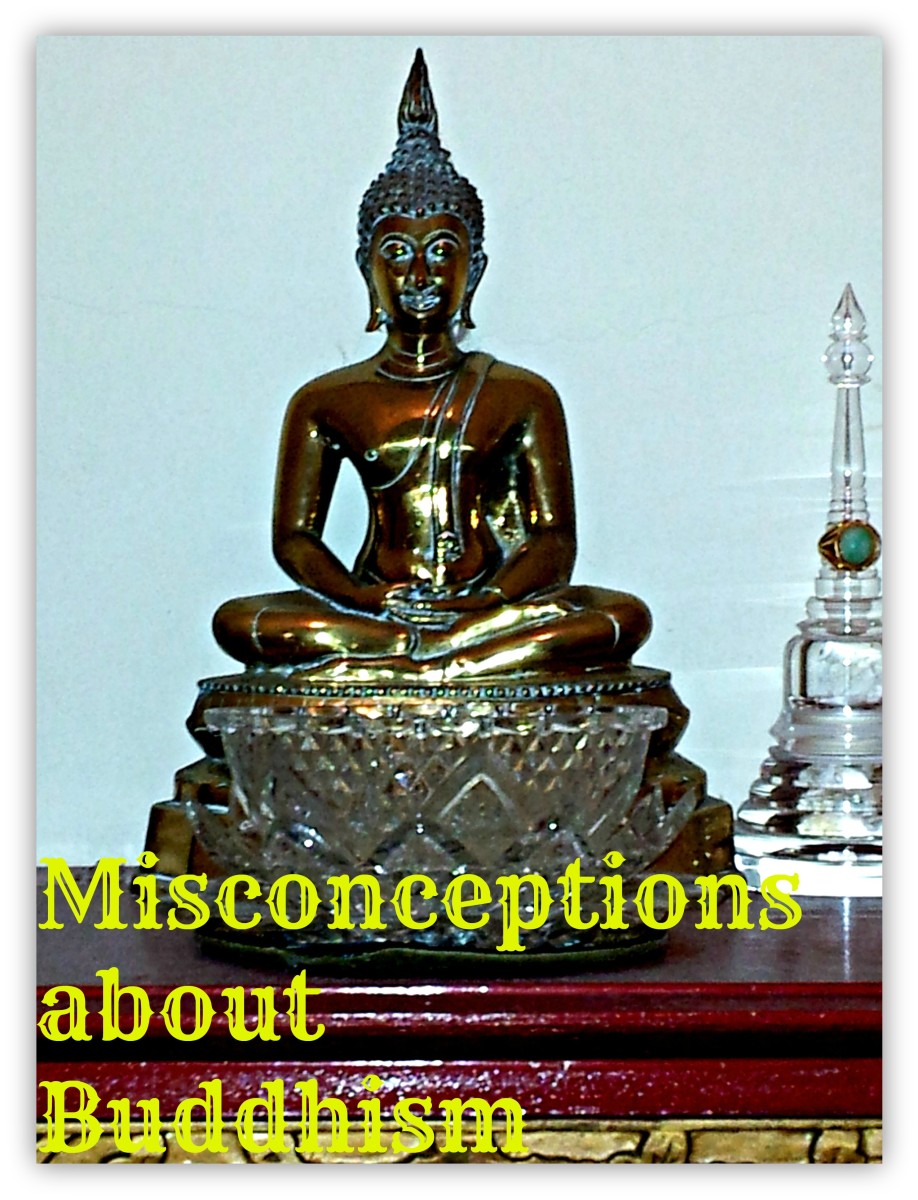Common Misconceptions About Criminal Justice

Criminal justice is a diverse and complex field. It is also fraught with myths and misconceptions. Some of these pertain to the workings of the law itself, and others pertain to the nature of a criminal justice career. It is time to right some of these myths and get the clear facts about criminal justice.
Law Myths
Law Myth #1: A Person Can’t be Tried More Than Once for the Same Crime
This legal procedure is known commonly as “double jeopardy”. It is outlined by the Constitution in the 5th Amendment. Many people don’t realize, however, that this only applies to crimes that have been fully tried in court and reached a verdict of either acquittal or conviction. Many trials become mistrials or have a hung jury. This means that the jury was unable to come to a satisfactory decision. These cases are not closed unless the prosecution chooses to drop the case. A defendant in a mistrial can be tried repeatedly an unlimited number of times for the same accusation. The only real limits that exist here are the prosecutor’s tenacity and the judge’s decision to allow a trial. Most prosecutors will give up a case as unwinnable after a few mistrials. A judge may also examine a case of repeated mistrials and either dismiss it or demand further investigation before allowing another trial.
Law Myth #2: Criminals Often Get Off on Technicalities
A technicality is essentially a mistake someone made in the law process. Technicalities can occur during arrest, investigation and court proceedings. Television shows like to play up the occurrence of technicalities as a common failure of the justice system. In fact, case dismissal or acquittal due to a technicality is exceedingly rare. According to an article in the Huffington Post, the success rate for federal prosecutors is an excellent 90 to 95 percent. The success rate for state prosecutors is still acceptably high at around 60 to 85 percent, depending on jurisdiction. The justice system certainly isn’t perfect, and mistakes do happen, but fortunately they don’t happen often.
Law Myth #3: Eyewitness Testimony is a Sure Way to Get a Conviction
Eyewitness testimony is considered strong evidence in a case, but it is by no means a sure fire way to legal victory. This is because eyewitness testimony is remarkably easy to discredit. A defense attorney may discredit a witness on the stand by confusing them or getting them to report conflicting statements. It is also entirely possible for multiple eyewitnesses to give different accounts of an event. This is scientifically supported because everyone’s viewpoint is proven unique. Two people can see the exact same thing but remember different details or have a different recounting of what happened. The bottom line is that more hard evidence is needed to win a case. Just because you have someone who saw it happen doesn’t mean you have a strong case.
Now, let’s examine some common myths about criminal justice careers.
Career Myths
Law Career Myth #1: A Criminal Justice Degree Online is Inferior
A criminal justice degree actually lends itself very well to online learning. A great deal of criminal justice study revolves around reading cases, studying law facts and writing about this research in reports and briefs. There is very little need for hands-on learning like there is for a nursing or teaching degree, for example.
Law Career Myth #2: Everyone Who Studies Criminal Justice Needs to go to Law School
There is a big difference between studying criminal justice and going to an actual law school. Criminal justice is a very broad degree, and it can qualify graduates to work as police officers, paralegals, investigators, peace officers and even counselors and psychologists. Law school is more like a graduate degree program for those interested solely in becoming lawyers. Just like doctors need to go to medical school, but nurses don’t have to, lawyers need to go to law school, but other law officials don’t have to. Law school is also significantly more expensive and a far greater time commitment than a criminal justice degree. Those interested in becoming lawyers may want to consider getting a criminal justice degree and then working as a paralegal in a law office before making the jump into law school.
Law Career Myth #3: Only Men can be Criminal Justice Professionals
This is a complete myth, probably perpetuated by the classic ideal of the male police officer, lawyer or judge. The fact is that criminal justice professionals are not just men. Females can equally fill any position in law enforcement, and they are doing just that. According to the Bureau of Labor Statistics, women are seeing growth across many industries and accounted for 47% of total employment in the U.S. in 2009. In service occupations specifically (which include jobs like correctional officers, police and detectives), 16.8% of working women were in service occupations which then grew to 17.6% in 2009.
A criminal justice degree can be very rewarding and very lucrative for a variety of individuals. It is one of the broadest degree fields, and it represents both a great challenge and a chance to be of invaluable service to society.







